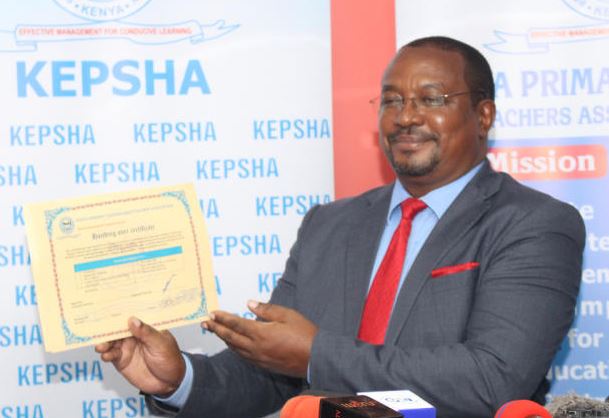×
The Standard e-Paper
Join Thousands Daily

Teachers have proposed a Covid-19 vaccination plan to be adopted by the Government when their turn comes for the injection.
This is after the Ministry of Health listed teachers among the frontline workers lined up for the Covid-19 vaccination.